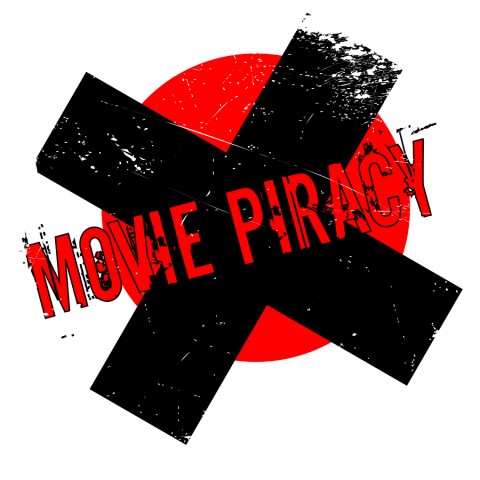
OTTAWA – In a decision issued today, the Supreme Court of Canada determined that An Internet service provider can recoup its costs from copyright owners who ask the ISP to help track down internet users suspected of stealing video content to which they don’t own the rights.
As the Court determined, “An ISP can recover its costs of compliance with a Norwich order, but it is not entitled to be compensated for every cost that it incurs in complying with such an order. Recoverable costs must be reasonable and must arise from compliance with the Norwich order. Where costs should have been borne by an ISP in performing its statutory obligations under the notice and notice regime, these costs cannot be characterized as either reasonable or as arising from compliance with a Norwich order, and cannot be recovered.”
The case is now sent back to the Federal Court which will determine of the costs Rogers can charge.
In May of 2017, the Federal Court of Appeal ruled Rogers was not allowed to be compensated stating that “the responsible Minister, the Minister of Industry, may, by regulation, fix the maximum fee that an internet service provider like Rogers can charge for performing the subsection 41.26 (1) obligations. But if no maximum fee is fixed by regulation, the internet service provider may not charge anything for performing the subsection 41.26 (1) obligations.” Rogers, of course, appealed that decision.
On July 28, 2016, the Federal Court had allowed Rogers to charge a $100 per hour fee for the work done to provide information.
“This is an important win for our customers and millions of Internet subscribers facing open season on their personal information,” said David Watt, Rogers’ senior vice president, regulatory.
As today’s decision stated, “Rogers receives between 1,500 and 3,000 lookup requests of the type made by Voltage each year (Norwich orders). It responds to these requests manually through a process that involves multiple staff members and lookups across different databases. It does not employ an automated process because the number of requests is comparatively low, and the cost of error—improperly disclosing an account holder’s personal information to a third party and erroneously subjecting that account holder to service of legal process—is comparatively high.
“Rogers also submits that this process simply cannot be automated. Unlike notice and notice requests, which are typically submitted in identically formatted electronic documents by copyright holders that have registered with Rogers, court orders must be examined manually to ensure they are legitimate and to determine the specific nature of information requested.”
For ISPs cost recovery is important not just to recoup costs but to prevent bulk requests of its subscriber data (what consumer groups called copyright trolling).
Independent ISP Teksavvy was pleased with the decision.
"The Court clearly understood that the notice-and-notice scheme established in the Copyright Act does not replace the existing processes to obtain Norwich orders. Rather, the two systems operate together. This decision ensures that ISPs don’t bear all of the costs to identify users in copyright enforcement actions,” said Andy Kaplan-Myrth, vice-president of regulatory and carrier relations, in a statement to Cartt.ca.
Also, “at the same time, this does leave ISPs with the costs and the burden of identifying users in order to pass on notices. In particular, since no rates have been set under the Copyright Act, ISPs alone currently bear the cost of the entire notice-and-notice scheme. In addition, the Court says that ISPs have the responsibility under the Copyright Act to ensure account holders are identified accurately," continued Kaplan-Myrth.
"Consequently, copyright holders and enforcement agents will continue to indiscriminately send notices that ISPs are required to process accurately, no matter how many we receive. This decision leaves it to lower courts and later cases to circumscribe what level of accuracy can realistically be expected from ISPs given the volume of notices we receive."



